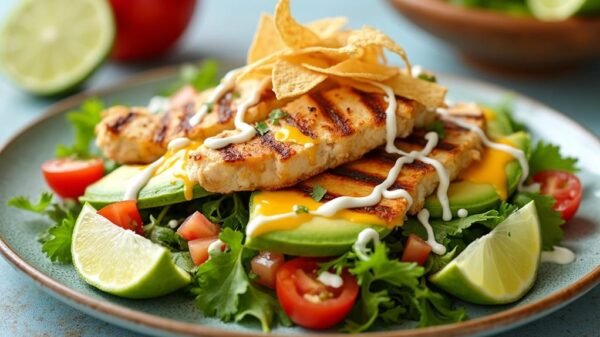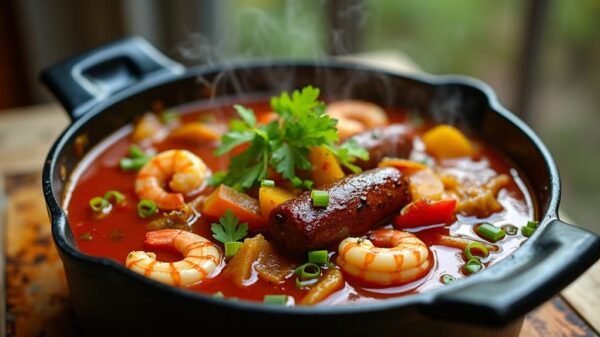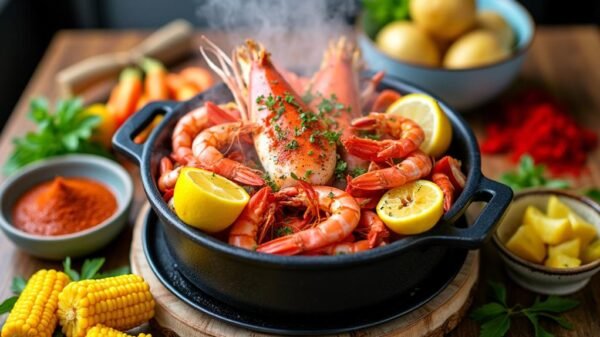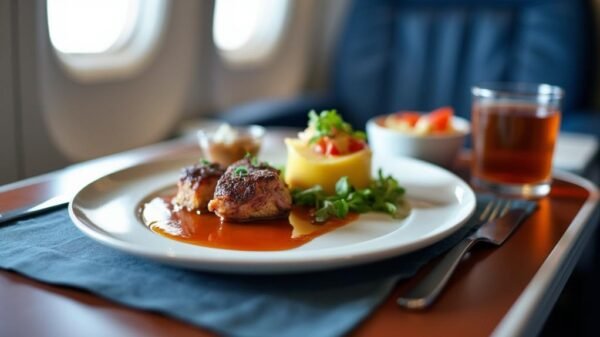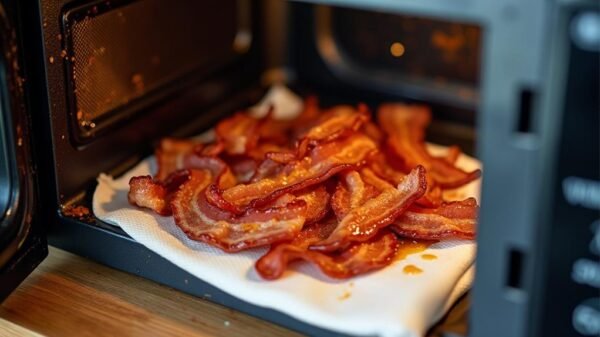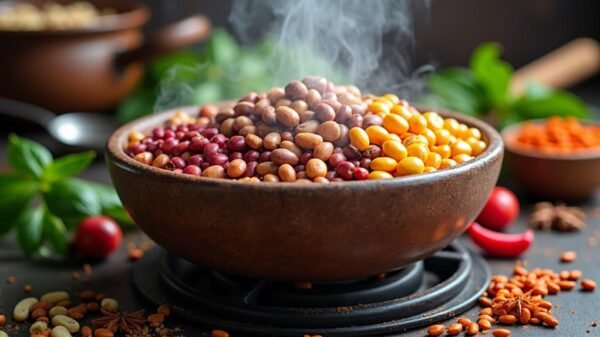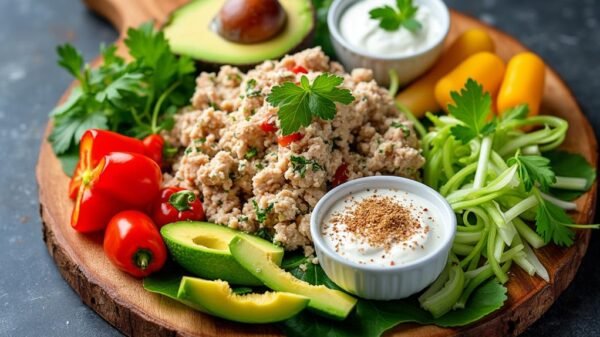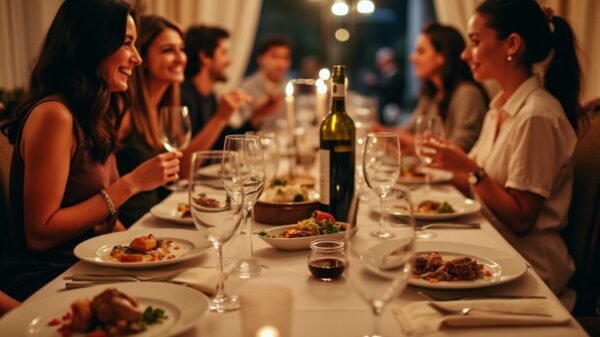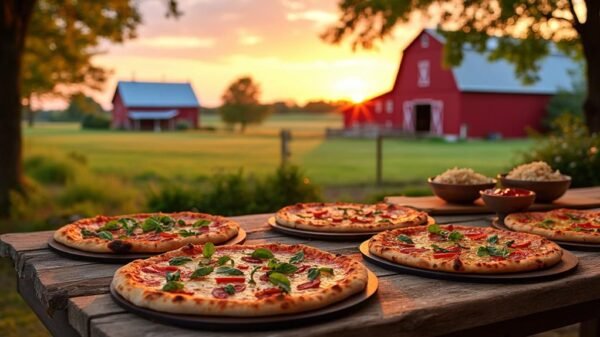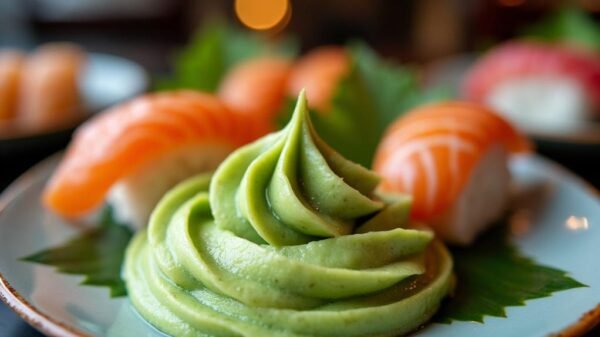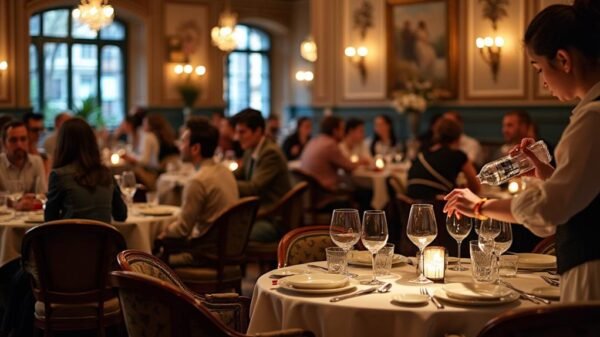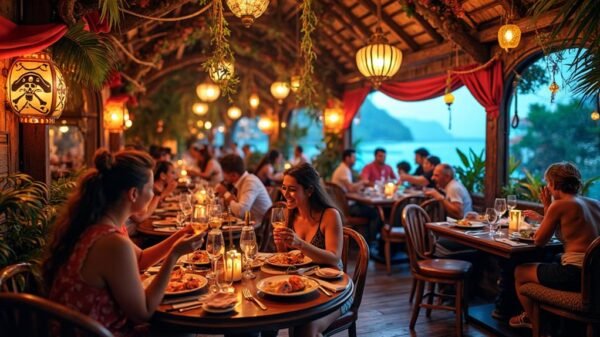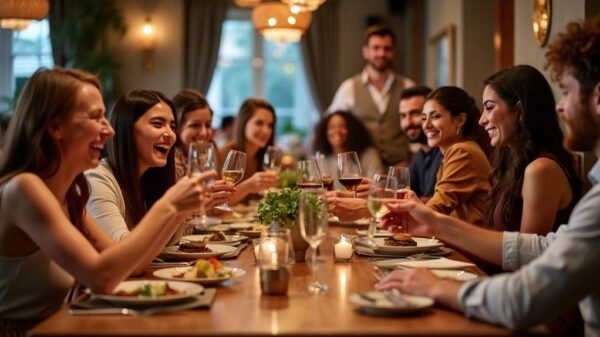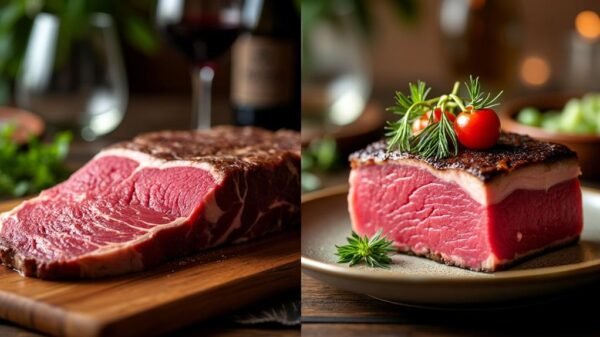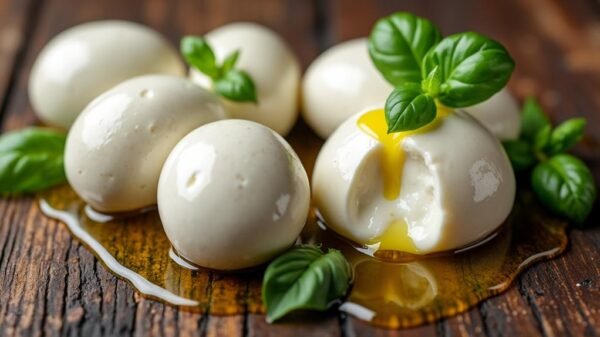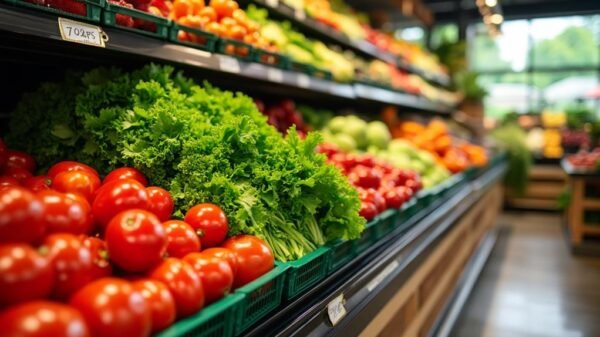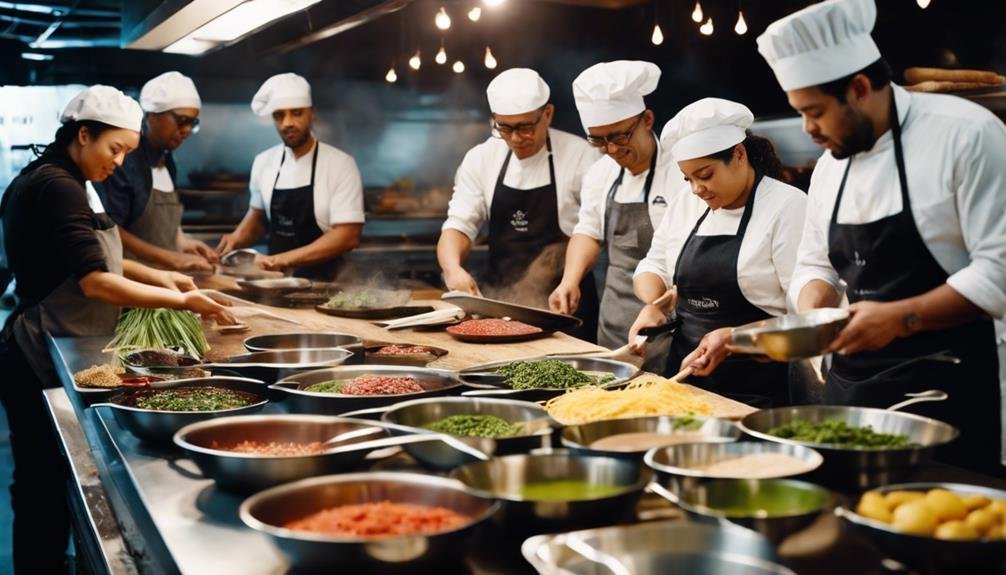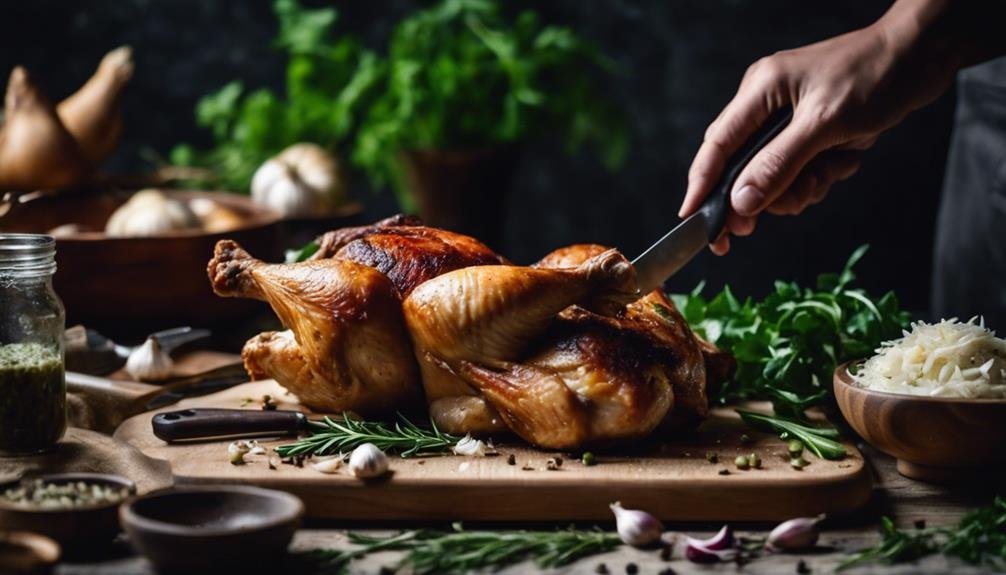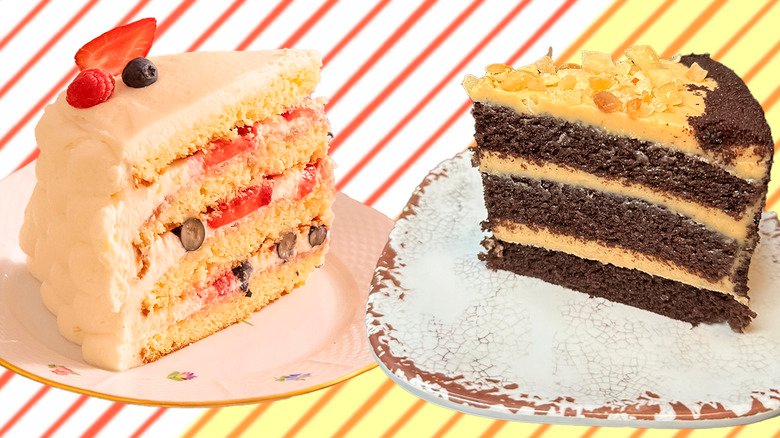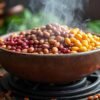Ever found yourself staring at a bewildering array of cooking classes, unsure where to sprinkle your culinary curiosity? You’re not alone. Deciding on the right class that matches your skill level is much like choosing the perfect spice for a dish—it can elevate your cooking game from mundane to magnificent.
Start by taking a hearty spoonful of self-assessment to gauge whether you’re a budding chef or a seasoned gourmet. Then, whisk through the courses, ensuring they stir your passion and suit your schedule.
But how do you sift through the many options without getting your apron in a twist? The secret ingredient is knowing where to look; I’m here to point you in the right direction.
Cooking Classes Key Takeaways
- Evaluate your cooking skills and comfort with various cuisines to select the appropriate class level.
- Consider class size for a learning environment that suits your preference for personalized attention or social interaction.
- Research instructors’ culinary backgrounds and teaching styles to ensure they meet your learning goals.
- Be mindful of your budget, explore options for scholarships or discounts, and find affordable cooking classes.
Assess Your Skill Level
Before diving into the culinary deep end, it’s important to dip your toe in the water and honestly assess your cooking skill level. You’re setting off on a flavorful journey, enthusiastic to serve others with dishes that warm the heart and tantalize the taste buds. Begin by reflecting on your ease with chopping, sautéing, and baking. These basic techniques are your kitchen ABCs, foundational for any culinary adventure.
Think about the cuisines you’ve dabbled in and the cooking methods that excite or intimidate you. Are you a whiz with whisking and a master at marinating, or do terms like ‘julienne’ and ’emulsify’ send you scrambling for a dictionary? Your familiarity with various kitchen tools also plays a critical role. Is a mandoline your best friend, or does the mere sight of a chef’s knife have you dialing for takeout?
Recall any culinary workshops you’ve attended. These experiences are telling of your appetite for learning. Consider your confidence in following recipes, experimenting with new flavors, and adapting when culinary catastrophes strike. These abilities indicate your skill level, guiding you to the cooking classes that will best enhance your culinary prowess and enable you to delight in serving others.
Explore Class Types
If you’re sprouting your kitchen wings, plunge into beginner classes or elevate your dining experiences with gourmet classes that fine-tune your plating and pairing finesse. For those enchanted by the allure of exotic cuisines, specialized classes in Indian cooking will guide you through the maze of spices and techniques to master those vibrant, aromatic dishes.
If your heart beats for pasta and vino, Italian cooking classes offer a romantic escapade into pasta-making and wine pairing—perfect for a date night that goes beyond the ordinary. Meanwhile, kids and family cooking classes promise a dollop of fun and a sprinkle of bonding, nurturing a love for cooking in the little ones.
For a truly bespoke learning experience, private cooking classes provide personalized instruction tailored to your skill level, ensuring you’re always in the mix, whether a novice or a seasoned chef.
Consider Class Size
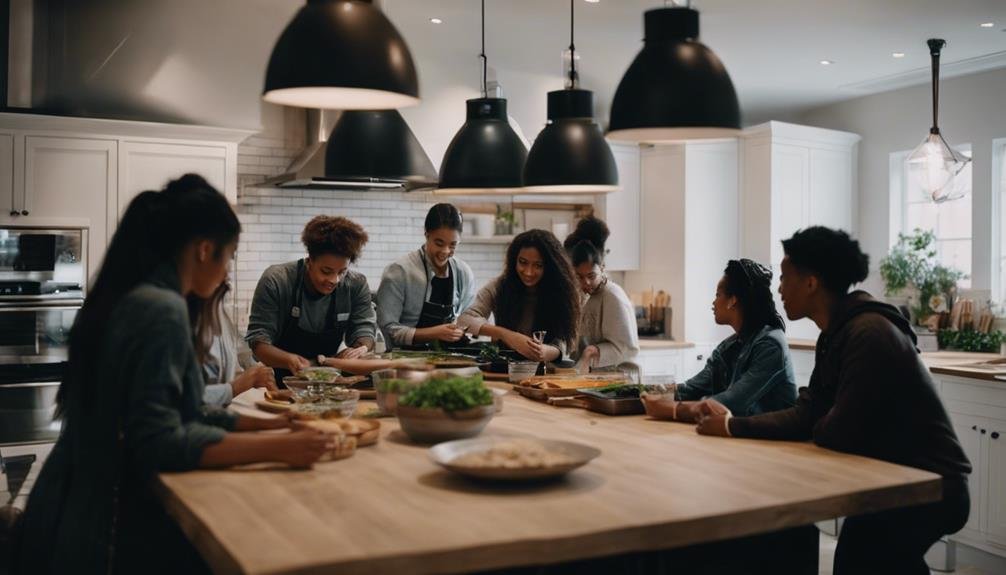
When picking a cooking class, it’s important to consider the size of the class, as it can deeply impact your learning journey and the level of personal attention you’ll receive. Smaller classes often sprinkle your culinary quest with more personalized attention and intimate interactions, making the flavors of learning richer and more fulfilling. On the other hand, a larger class size might serve up a more vibrant social environment but could dilute the essence of individualized instruction.
Here’s a taste of what you do when choosing your perfect class size:
- Personalized Attention: Smaller classes often mean your chef-instructor has more time to guide your whisking, flipping, and seasoning.
- Hands-on Practice: You’re more likely to get your hands doughy in a setting where direct feedback is readily served.
- Social Environment: Larger classes can be the spice of life, offering a collaborative group setting perfect for those who thrive among fellow culinary enthusiasts.
- Intimate Learning Environment: An intimate class size can enhance your ability to absorb and retain cooking techniques and recipes.
- Individualized Instruction: Consider how much you value tailor-made guidance in perfecting your culinary skills.
Choosing the right class size in cooking classes can make your learning a recipe for success.
Research Instructors
Diving into the world of culinary arts, you’ll find that the secret sauce to a flavorful learning experience often lies in your instructor’s hands-on expertise and passionate soul. As you sift through the myriad of cooking classes, zeroing in on instructors whose credentials sparkle with a culinary background, certifications, and rich teaching experience is essential for credibility.
Don’t just stop there; plunge deeper by reading reviews and testimonials from former students. This treasure trove of insights will reveal the quality of instruction and the texture of the learning environment. You’re not just looking for a knowledgeable chef but one who’s a guardian in the kitchen, versed in food allergies, safety protocols, and emergency procedures, ensuring a safe learning haven.
The cherry on top? Instructors who provide personalized attention, feedback, and support, crafting a bespoke learning journey tailored to your needs. Since the kitchen’s no place for a monotonous monologue, pick an instructor whose passion for teaching and teaching style sizzle in harmony with your learning preferences. This way, every cooking class becomes a stepping stone toward mastering the art of serving others with confidence and flair.
Budget and Costs
Before starting your cooking adventure, it’s important to weigh the financial ingredients. The costs of cooking classes can range widely, from the cozy community kitchen to the prestigious virtual halls of Michelin-starred chefs. You’ll want to mix your budget into the blend carefully.
Consider these flavorful tips to guarantee your financial plan doesn’t boil over:
- Community vs. Michelin-Star: Community classes average around £50, while Michelin-Star online experiences can whisk from £70 to £179.99.
- Online vs. In-Person: Online classes offer more cost-effective seasoning than in-person classes.
- Hidden Ingredients: Be wary of additional costs, such as marketing and insurance, which can inflate the overall price.
- Scholarships and Discounts: Don’t shy away from asking about scholarships or discounts to make classes more affordable.
- Compare the Full Recipe: Look beyond pricing to duration and offerings, ensuring you get the desired value and taste.
Frequently Asked Questions
What Are the 5 Basic Cooking Skills?
The 5 basic cooking skills are knife skills, sautéing, roasting, boiling, and baking. By mastering these, you can create impressive meals and delight anyone you’re eager to serve with your culinary prowess.
How Do You Structure a Cooking Class?
To structure a cooking class effectively, start by outlining the objectives, detailing the recipes to be covered, and listing the necessary ingredients. The class should be divided into segments focusing on preparation, cooking techniques, and presentation. Incorporating demonstrations and hands-on practice is essential, with clear instructions provided throughout. Allow time for questions and tastings to enhance the learning experience.
What Cuisine Should I Learn to Cook?
Choosing a cuisine to learn depends on your interest and joy in cooking for others. Whether it be Italian, French, or vegan cuisine, select one that excites you and allows you to impress your guests while fulfilling your culinary aspirations.
What Is the Best Way to Learn How Do You Cook?
The best way to learn cooking is by taking targeted cooking classes. These classes cater to your specific skill level and provide hands-on experience and expert advice. This approach will enable you to impress your guests with your culinary skills and newfound confidence.
Conclusion
In wrapping up, you have the recipe to cherry-pick the perfect cooking class! Assess your chops, stir in a dash of curiosity for the cuisine, and whisk together with a pinch of research on your chef-teacher.
Don’t forget to measure the class size for a comfy fit and balance your budget like you’d your flavors. With these ingredients, you’re all set to cook up a storm of culinary skills.
Bon appétit on your delicious adventure in learning!


